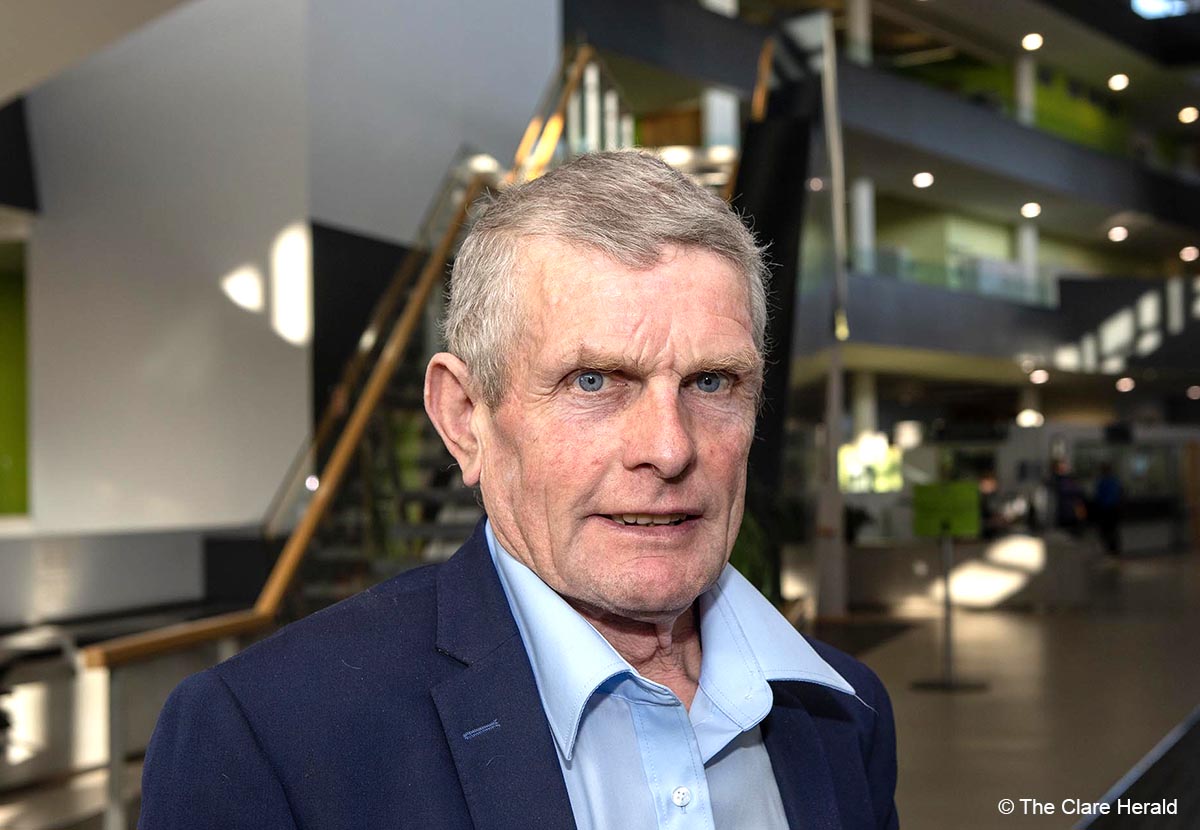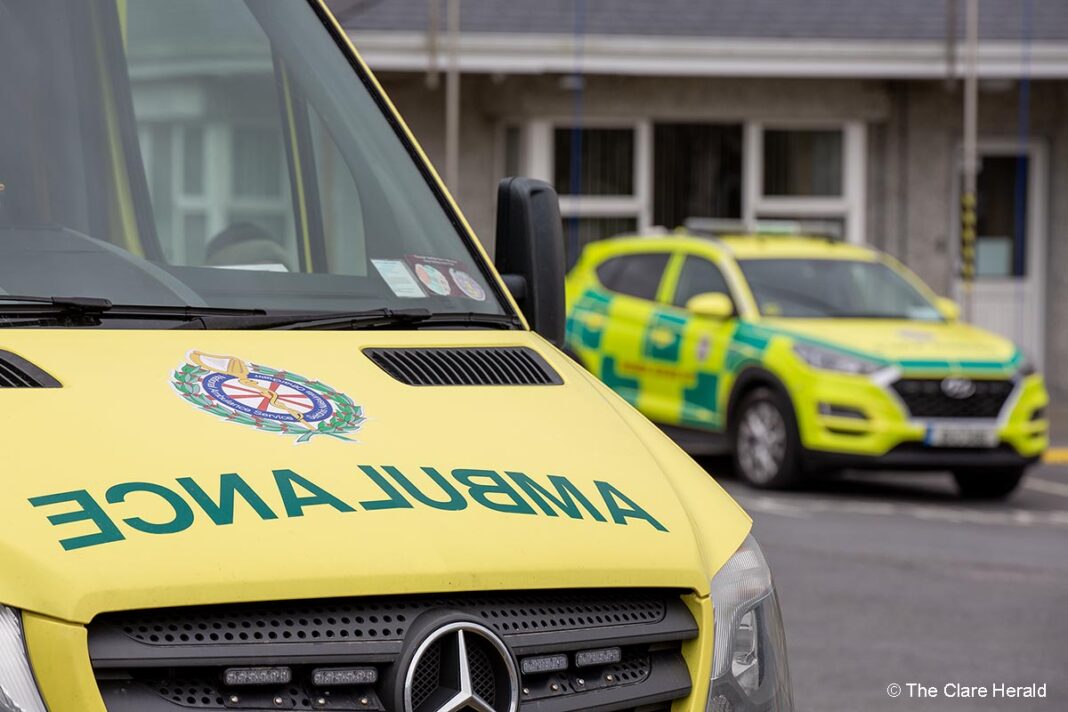Fine Gael TD for Clare, Joe Cooney, has called for immediate action to address severe staffing pressures in the National Ambulance Service (NAS), highlighting the urgent need to overhaul how paramedics are trained and supported.
Deputy Cooney said the Government must adopt a more flexible, in-service training model to expand and retain the workforce. He argued that current training pathways are too rigid and are holding the service back at a time of unprecedented demand.
“In-service training is the single most effective way we can tackle the capacity crisis,” Deputy Cooney said. “Paramedics need a system that allows them to upskill while continuing to work. They should not have to step away from frontline service just to gain further qualifications. A modular, on-the-job training system would support career progression, reduce staff burnout and build a stronger, more sustainable NAS.”
His call comes following a detailed response from the Department of Health, which confirmed that while the NAS workforce has increased by 20 percent since January 2022, reaching 2,455 whole-time equivalent staff by April 2025, demand has outpaced this growth. Since 2019, 999 call volumes have risen by 25 percent, including a 9 percent increase in 2024 alone.
The HSE previously identified a shortfall of 90 emergency ambulance crews per day, equal to 1,080 whole-time equivalent staff. NAS Director Robert Morton has now confirmed that an additional 2,579 staff will be needed by 2028 under the current workforce plan.
Particular concern surrounds the shortage of advanced paramedics. The NAS aims to double their numbers over the next three years, something Deputy Cooney believes is only achievable with a modernised, in-service training system.

He also addressed growing public focus on missed targets for hospital handover times.
“It would be easy to criticise the NAS for falling short on handover KPIs, but that would be missing the point entirely,” he said. “I have spoken directly with paramedics. The reason they do not immediately clear after handover is because they are physically and mentally exhausted. Many have just completed a four-hour call and know they will be sent out again within minutes. They use that short pause to grab a tea or coffee, take a breath, and recover before heading straight back out. These are not delays caused by inefficiency. These are symptoms of a service that is running on empty.”
According to Deputy Cooney, “The focus must shift to the root problem, which is the dangerously low number of available resources and the unsustainable pressure being placed on frontline staff.”
Deputy Cooney also highlighted how Ireland compares poorly with other jurisdictions. In 2022, there was one NAS staff member for every 2,467 people in Ireland. In Scotland, the figure was one per 925. In Wales, it was one per 759.
“The gap between us and our neighbours is stark and it shows exactly where we are falling short. We need to scale up our training capacity and we need to do it quickly,” he said.
He stressed that any changes to training must be developed in partnership with workers and their unions to ensure high standards and quality of care are maintained.
“Our paramedics are doing an incredible job in the most difficult of circumstances. They deserve a system that supports their well-being and their careers. They are stretched beyond reason and yet continue to deliver lifesaving care day after day. It is time we matched their commitment with the training, staffing and resources they urgently need,” concluded Deputy Cooney.

